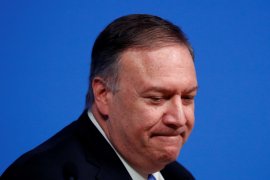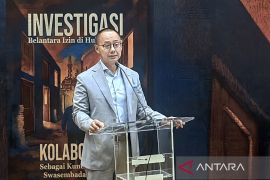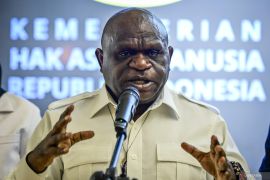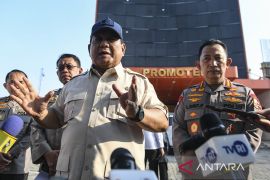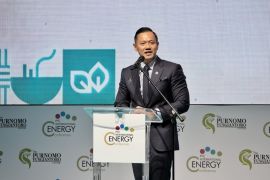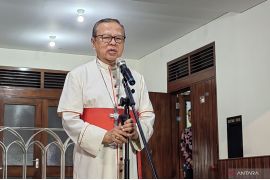Teten Masduki, secretary general of Transparency International Indonesia (TII), said after the meeting, the organizations` first demand concerned law enforcement.Jakarta (ANTARA News) - Representatives of community-based anti-corruption organizations at a meeting with President Susilo Bambang Yudhoyono here Wednesday made five demands on the government`s efforts to fight graft.
Teten Masduki, secretary general of Transparency International Indonesia (TII), said after the meeting, the organizations` first demand concerned law enforcement.
"We are not satisfied with the way the law is being enforced. We hope the President will bring about an improvement in the quality and effectiveness of law enforcement," he said.
The second demand was about the handling of cases of suspected corruption related to natural resources in the regions. "This is also a matter of law enforcement. Many cases have been called off by the public prosecutor`s office on the pretext that continuing the investigation required a presidential permit to question the suspects involved," Teten said.
The anti corruption activists therefore asked the President to devise a more open procedure and mechanism for the handling of corruption cases and present a report to the public once every three months.
The President was also requested to admonish the National Police Chief or the Attorney General to tackle stalled corruption cases and make it easier for the public to access court verdicts on corruption cases.
The third demand was about state budget efficiency which they said needed to be increased to prevent budgetary deviations at the planning stage and promote more effective budgeting.
In their fourth demand, the anti corruption activists stressed the need to reform the bureaucracy to make it more professional, neutral and cleaner so that it could serve the public in better ways.
Their fifth demand was for the enhancement of the Civil Community and Education Movement against Corruption (Gerakan Masyarakat Sipil dan Pendidikan AntiKorupsi).
The movement`s aim was to prevent the emergence of new generations of corruptors and promote community participation in corruption eradication efforts.
Teten said at the meeting, the President promptly gave his response to the activists` demands by outlining what the government had done so far and still had to do to eradicate corruption.
"We believe the eradication of corruption cannot be handled by the government alone as it must be a collective effort," he said.
The President said he was committed to continuing to forge cooperative relations with non-governmental organizations and the general public to fight corruption.
Therefore, he hoped dialogs with anti-corruption activists could be held on a regular basis so as to build a common front against corruption without creating the impression of the government "colluding" with non-governmental organizations.
Acting as spokesmen for the anticorruption organizations at the meeting with the President , apart from Teten Masduki, were program manager of the Center for Regional Information and Studies (Pattiro), Maryati, and a member of Pokja 30 from Samarinda, Carolus Tuah.
Present at the meeting were also a number of cabinet ministers including Coordinating Minister for Political, Legal and Security Affairs Djoko Suyanto, Law and Human Rights Minister Amir Syamsuddin, State Secertary Sudi Silalahi as well as National Police Chief Timur Pradopo and Attorney General Basrief Arief.(*)
Editor: Heru Purwanto
Copyright © ANTARA 2012

